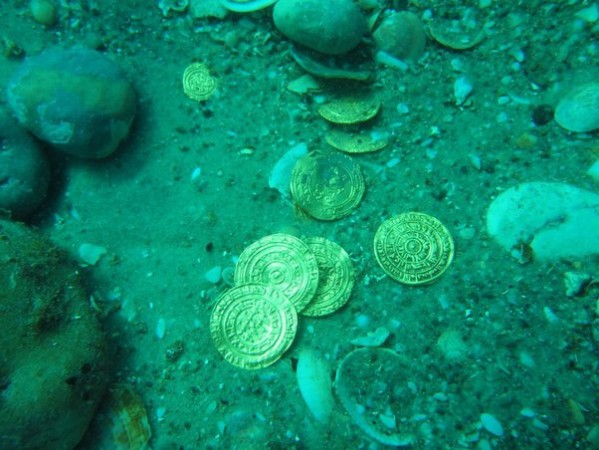
Gold, revered for its shimmering beauty and enduring value, has captivated human fascination for centuries. From ancient civilizations to modern economies, its allure remains unparalleled. Yet, what happens when this precious metal encounters water, a fundamental element of nature? Let us embark on a journey to explore the intricate dynamics between gold and water.
Chemical Properties of Gold
Gold, symbolized by the noble abbreviation Au on the illustrious periodic table, boasts a remarkable inertness. This attribute, attributed to its noble nature, renders gold resistant to the ravages of time and the elements. Unlike lesser metals that succumb to corrosion and oxidation, gold stands resolute, maintaining its resplendent sheen irrespective of environmental conditions.
Interaction with Water
Upon immersion in water, gold undergoes an intriguing phenomenon—or rather, the lack thereof. Unlike reactive metals that eagerly form compounds with water molecules, gold remains stoically unchanged. Its noble character dictates an aloofness towards chemical bonding, thus preserving its pristine form even amidst aqueous surroundings.
Potential Reactions
While gold itself may exhibit stoic indifference to water's embrace, impurities nestled within its radiant facade could succumb to aqueous influence. Consider, for instance, the presence of copper—a common alloy partner to gold. In the presence of moisture, copper may undergo oxidation, leading to the formation of tarnish or patina on the gold surface.
Corrosion Resistance
A defining characteristic of gold lies in its unparalleled resistance to corrosion. While lesser metals succumb to the relentless assault of moisture, rusting and tarnishing with abandon, gold maintains an aura of invincibility. Its shimmering visage remains untarnished, an eternal testament to its noble lineage.
Effects on Purity
Immersing gold in water poses minimal risk to its inherent purity. Unlike metals susceptible to dissolution or leaching, gold stands impervious to such degradation. This steadfastness is of paramount importance in industries where purity reigns supreme, such as biomedical implant manufacturing or precision electronics assembly.
Practical Considerations
Despite its impervious nature, prudence dictates cautious handling of gold-plated items or jewelry in aqueous environments. Prolonged exposure to water, compounded by abrasive agents or harsh chemicals, may accelerate the deterioration of gold plating, compromising the item's aesthetic appeal.
Preservation Techniques
To safeguard the longevity of gold treasures, prudent storage practices are indispensable. Shielded from the erosive effects of moisture, gold finds solace in dry environments—a jewelry box, a safe deposit box—where it can bask in eternal splendor, shielded from the corrosive touch of water. In the grand tapestry of metallurgy and aqueous dynamics, the enigma of gold remains unblemished. Immersing gold in water serves as a testament to its enduring resilience, a testament to its noble lineage. As it withstands the aqueous embrace unscathed, gold emerges as an eternal symbol of purity, untarnished by the passage of time.
Nokia Appoints Tarun Chhabra as New India Head Amid Global Restructuring
Xiaomi's Game-Changing Smartphones: Revolutionizing Sports Betting Markets
Study Finds Saliva Test as Promising Tool for Breast Cancer Detection